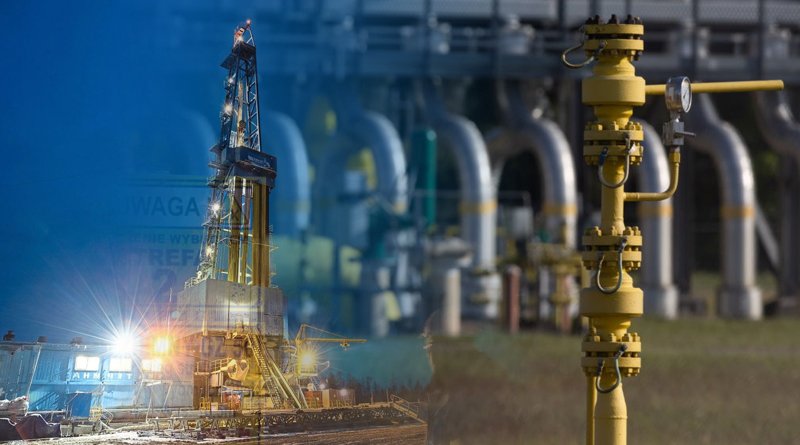Omar Farouk Ibrahim, the secretary general of APPO, highlighted the lack of investment in hydrocarbons as an obstacle to the extraction of fossil fuels on the continent.

The African Petroleum Producers’ Organization (APPO) is creating the Africa Energy Bank (AEB), which will act as a substitute funding source for oil and gas projects on the continent after international financing institutions started reducing their funding due to strict conditions and environmental concerns.
Omar Farouk Ibrahim, the secretary general of APPO, highlighted the lack of investment in hydrocarbons as an obstacle to the extraction of fossil fuels on the continent.
He emphasised that Africa must take control of its own destiny and the Africa Energy Bank seeks to address the funding issues for oil and gas projects, while luring investment from the countries like Saudi Arabia, the United Arab Emirates, Qatar, and Kuwait.
The Afreximbank, a pan-African multilateral trade finance institution, and APPO-member countries will work together to launch the energy bank by the end of 2023.
The main goal of the bank is to finance African oil and gas operations in order to reduce external financing, including that from the World Bank, which typically has its restrictions. Because the funds have run out, the APPO’s chief stated that the project’s main focus would be on financing oil and gas projects on the African continent.
Farouk noted that while producing the resource has always been a necessity for Africa, “shareholding shall be open to all African oil companies and their national companies as well as other investors.”
He emphasised, however, that “no sovereign outside the African continent, and no investor outside of the Africa, shall be allowed to participate who has no shared vision of the bank.”
The African Petroleum Producers’ Organization (APPO) was founded in 1987 to facilitate collaboration, knowledge sharing, and effort coordination among African oil producing nations. It was intended to help non-oil producing African nations import refined oil products due to balance of payment issues.